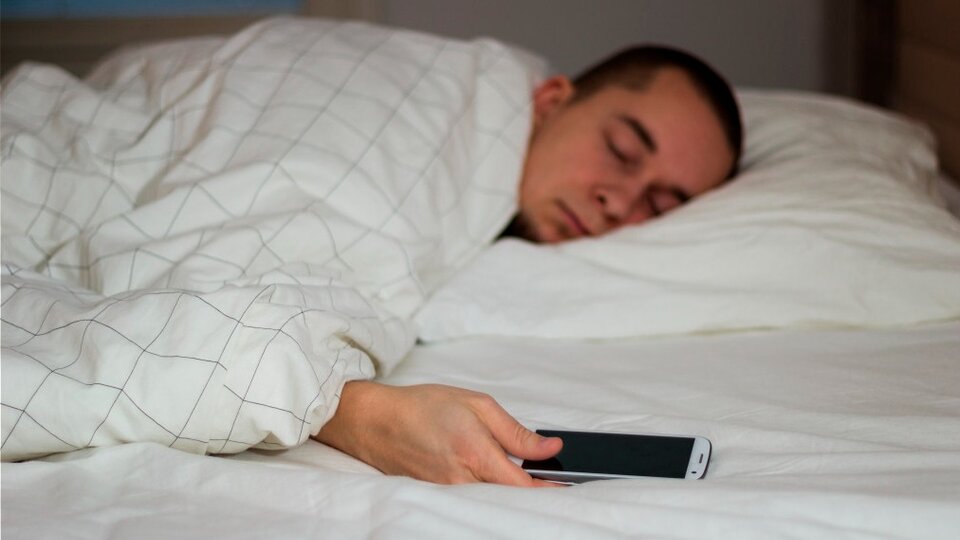The nomophobia is considered a disorder of the modern world and refers to the extreme fear or anxiety of an irrational nature that originates when a person is unable to use their cell phone for a long time. This extends to running out of battery, no coverage, data or balance, and of course losing your device. Like other phobias, it manifests itself through common symptoms. such as fear, nervousness, or distress, but also with others such as tachycardia, headache, stomachache, or obsessive thoughts.
How to know if someone has nomophobia
Those who suffer from nomophobia are constantly mindful of their cell phone, to the point of abandoning other facets of their everyday life, including family relationships, relationships, and in general, any other aspect of life that might require attention. For example, the nomophobic You might even avoid traveling or going to areas where coverage might be poor, because that would mean you “disconnect”. Or you can avoid going to places where you don’t have a nearby power source to plug in your device for fear of running out of battery.
Another harmful effect occurs through insomnia. Some even disturb their sleep until they wake up numerous times during the night, to check if they are still connected and check for updates on their social networks.
The causes of the phobia of being without a cell phone
The causes of nomophobia are usually pretty obvious. Often, cell phone addiction is its main source, causing the fear of missing out on the false source of satisfaction that compulsive telephone consultation produces.
Experts agree that there are several factors related to this pathology: the inability to communicate with others, the loss of connection, the inability to access information, and the renunciation of comfort. In this sense, those who suffer from this disorder often experience spikes of anxiety, overload, fear and even feel paralyzed in the event of not being able to communicate by cell phone.
in dialogue with The UNQ science news agencyYago Franco, president of the Association of PsychoanalystsHe explains: “The phobia -the fear- of disconnection has to do with a social ideal, which is a kind of mandate, of be permanently connected. It covers all ages and social classes and has delved into the pandemic. In this context, not having a cell phone means ceasing to exist, losing others, ceasing to be for them, as cell phones have become the privileged means of communication”.
For Franco, long telephone conversations have been supplanted by increasingly brief and spasmodic connections: whether written or voice messages, or emoticons. In that regard, “if we are not connected all the time we are alone with ourselves, and dialogue with ourselves is not easy at this time“, ensures.
How to fight this fear?
Some experts agree that the key is learn to control yourself and let go of your cell phone little by little, and manage to separate the moments: night is for sleeping and, therefore, the phone must be turned off; likewise, that dinner is for eating and not for keeping your cell phone.
However, to get out of this confinement, Franco says that “it is possible, on the one hand, with a collective reflection about that imposed and self-imposed situation and, on the other hand, recreating already known ways of relating to otherssuch as dialogue, whether by telephone, in person or through letters that were previously sent by post”.
The transformative power of technology is unquestionable. However, understanding that “virtual life” is only a partial facet of something much bigger, which is real life, can also help to avoid this inconvenience.
